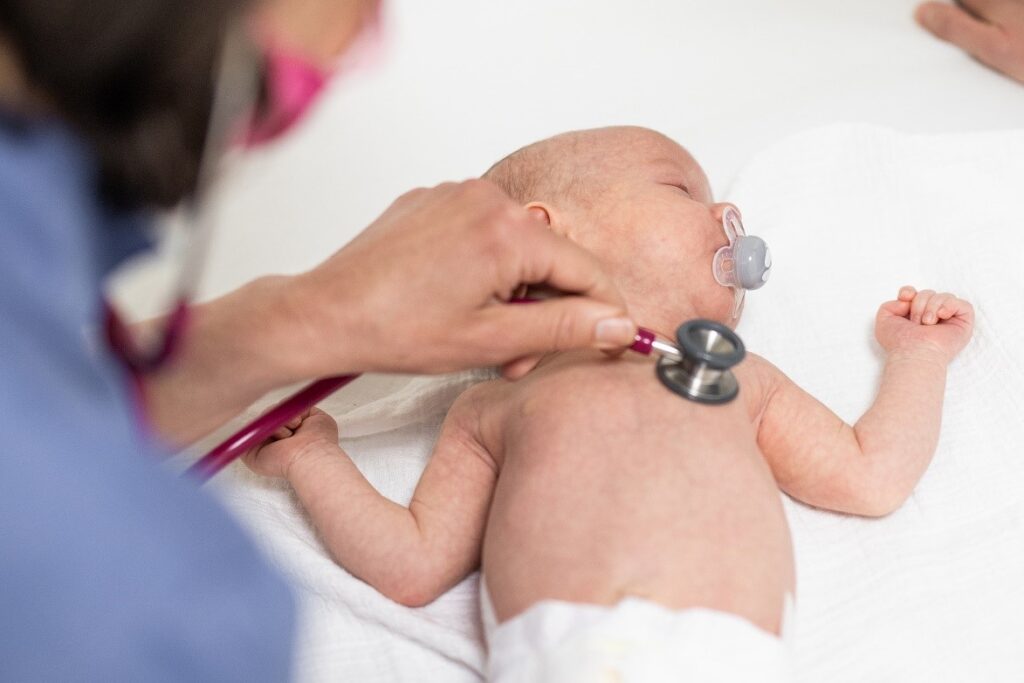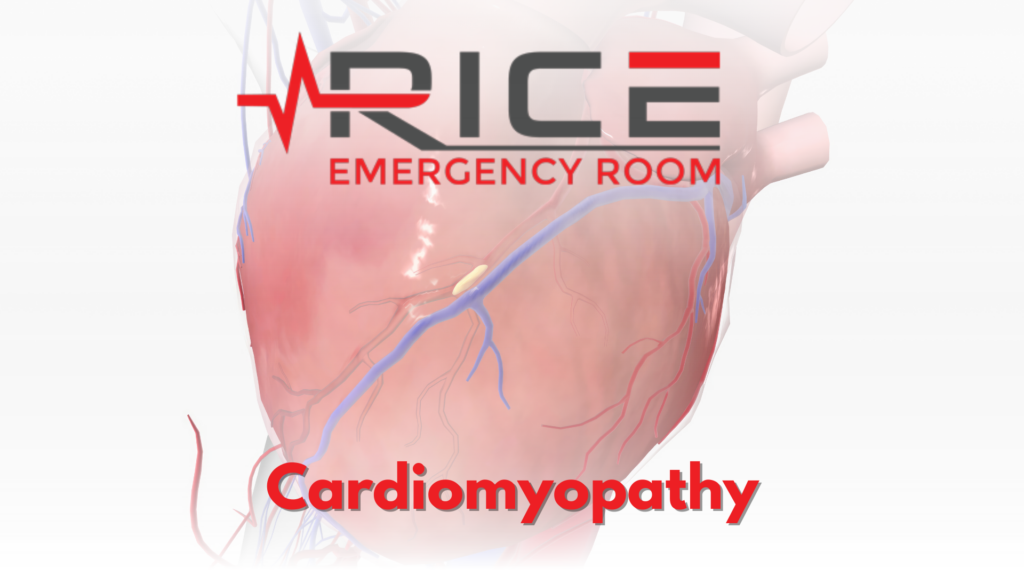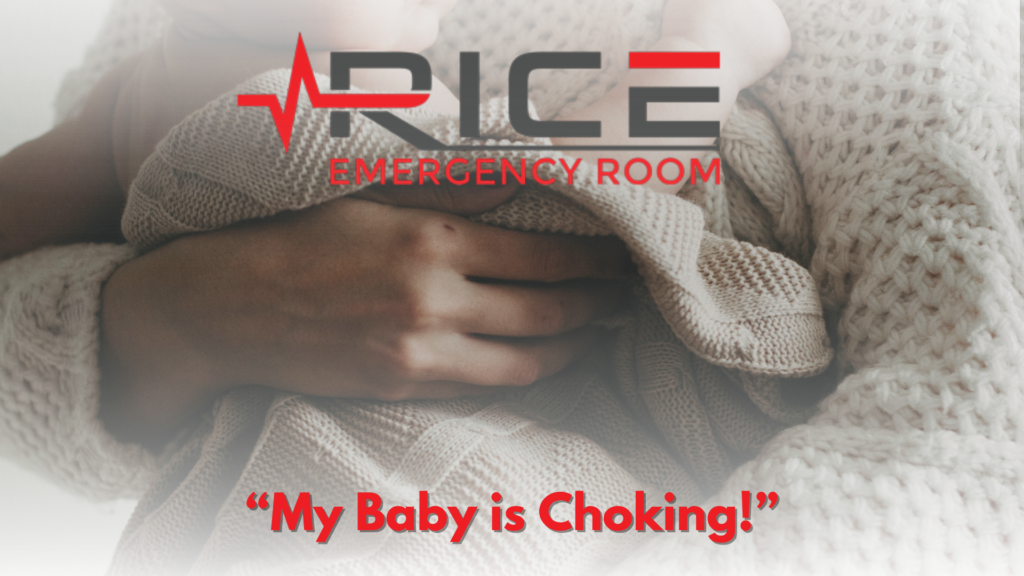Respiratory Syncytial Virus (RSV) is a breathing condition that is the most common cause of infant pneumonia and bronchiolitis, an inflammation of the small airways in the lungs. It affects young children under the age of two; however, adults can also contract respiratory syncytial virus.
RSV symptoms are typically mild and resemble the common cold in adults and older, healthy children. Infants aged 12 months and under, particularly premature infants, older adults, and those with heart and lung disease or weakened immune systems, are particularly vulnerable to RSV infection (immunocompromised). (Mayo Clinic)
How Does RSV Spread?
Suppose a child is exposed to other people who have the virus, their risk of developing RSV increases. RSV outbreaks are frequent in neighborhoods, classrooms, and daycare facilities each year. The winter and early spring are when RSV is more prevalent. This can occur if a child touches their eyes, mouth, or nose after coming into contact with a contaminated surface. It can also be brought on by breathing in droplets from an infected person’s cough or sneeze.
Re-infection is a possibility throughout life. In older children and adults, RSV infection can mimic a severe asthma attack. (Miller)
RSV and COVID-19
RSV and coronavirus disease 2019 (COVID-19) are both respiratory viruses, so some of their symptoms may be interchangeable. Children with COVID-19 frequently experience mild symptoms like fever, runny nose, and cough and might experience the same with RSV. Adults with COVID-19 and RSV may experience more severe symptoms, including breathing difficulties.
For both children and adults, having RSV may reduce immunity and raise the risk of getting COVID-19. And it’s possible for these infections to co-occur, which could make the COVID-19 illness more severe. Your doctor might advise COVID-19 testing if you exhibit signs of a respiratory infection. (Mayo Clinic)
How Alarming is this Year’s Epidemic?
RSV sends an average of about 60,000 young children to the hospital each year in the United States. In 2022, however, the virus hit early and hard. According to the CDC, doctors found more cases each week in October than in the previous two years. Health officials suspect COVID-19 to have exacerbated the onset of respiratory illnesses. Some studies have shown that the seasonality of RSV has changed. In 2021, RSV infections started much earlier than usual and never completely disappeared in the summer of 2022. (Girotto)
Complications with RSV
Children with RSV infections are at a higher risk of developing more severe infections, such as croup which is an infection and swelling of the vocal cords, and ear infections. A croup cough sounds like a loud bark.
Care
Infections with RSV typically disappear on their own in a week or two. RSV infection does not currently have a specific treatment. Still, scientists are working to create vaccines and antivirals (medicines that fight viruses). It’s critical for those with RSV to consume enough fluids to avoid dehydration (loss of body fluids). When treating children, it is best to consult your doctor before giving your child over-the-counter cold medications. (Cedars Sinai)
When Should You Call the Doctor?
Seek medical care if your child:
- has a high fever
- a fever that comes on after a cold
- a cough that gets worse,
- wheezing, or rapid breathing,
- signs of dehydration, like fewer wet diapers than usual.
It might be a symptom if your child is having difficulty breathing or is exceptionally sleepy. If their lips or fingernails are turning blue, you should seek emergency care.
Preventing RSV (Respiratory Syncytial Virus)
As with COVID-19, handwashing thoroughly and frequently, masking, and social distancing can help prevent RSV because it is easily transmitted by contacting infected individuals or objects. After being around someone who is experiencing symptoms of a cold, wash your hands. Younger siblings, especially infants, should avoid being around school-age children who are sick until they get better.
High-risk infants can receive a monthly injection of medication with RSV antibodies during the peak RSV season to prevent RSV-related severe respiratory disease (usually fall to spring in the U.S.). However, the protection it offers is short-lived. These infants must therefore receive injections every RSV season until they are no longer at risk for developing severe RSV infections.
The vaccine cannot prevent RSV at this time. However, some vaccines protect against respiratory viruses in kids that can produce symptoms resembling RSV. Children six months and older are eligible for a COVID-19 vaccine and the annual flu shot.
24/7 Testing and Treatment
If you suspect your child has RSV, or is in respiratory distress, have them tested right away. Rice Emergency Room is open 24/7 with a PCR Rapid Test lab. Our pediatric suite is designed specifically to accommodate young children and our board-certified emergency care physicians are caring and compassionate during this stressful time for families. We’re here to give you peace of mind and get your child back to health and wellness.
If you plan to visit Rice Emergency Room, please complete our online check-in process which you can find HERE
Medical questions can be answered by a physician on duty by calling: (281) 661-ADOC (2362)
Works Cited
Cedars Sinai. “Articles.” Cedars, www.cedars-sinai.org/health-library/diseases-and-conditions—pediatrics/r/respiratory-syncytial-virus-rsv-in-children.html.
“Respiratory Syncytial Virus (RSV) (for Parents) – Nemours Kidshealth.” Edited by Jonathan M. Miller, KidsHealth, The Nemours Foundation, Nov. 2022, kidshealth.org/en/parents/rsv.html.
Mayo Clinic. “Respiratory Syncytial Virus (RSV).” Mayo Clinic, Mayo Foundation for Medical Education and Research, 9 Jan. 2021, www.mayoclinic.org/diseases-conditions/respiratory-syncytial-virus/symptoms-causes/syc-20353098.
CDC. “Symptoms and Care of RSV (Respiratory Syncytial Virus).” Centers for Disease Control and Prevention, Centers for Disease Control and Prevention, 24 Oct. 2022, www.cdc.gov/rsv/about/symptoms.html.
Jennifer Girotto Clinical Professor of Pharmacy Practice. “RSV: A Pediatric Disease Expert Answers 5 Questions about the Surging Outbreak of Respiratory Syncytial Virus.” The Conversation, 11 Nov. 2022, theconversation.com/rsv-a-pediatric-disease-expert-answers-5-questions-about-the-surging-outbreak-of-respiratory-syncytial-virus-193275.




